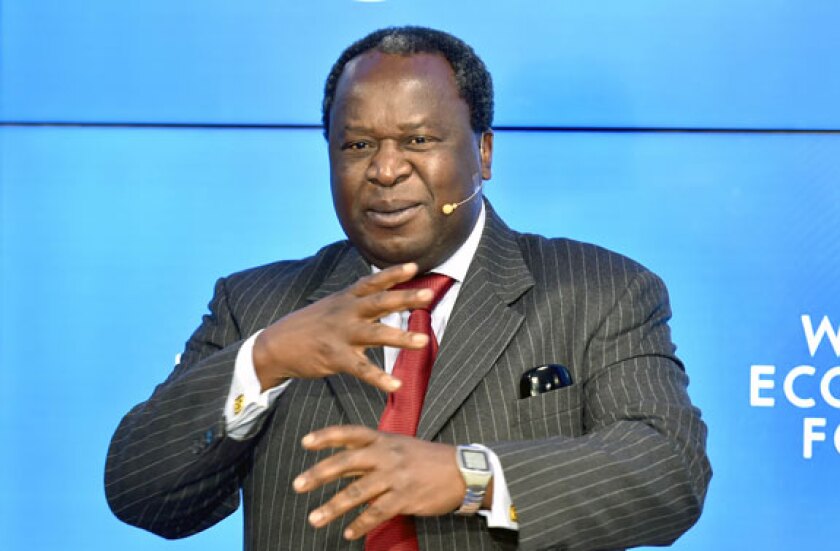A masterclass in damage limitation
Few countries have been affected more severely by the coronavirus pandemic than South Africa. The country suffered a year-on-year GDP contraction of about 17% in the second quarter thanks to some of the most stringent lockdown and distancing restrictions in the world.
Fortunately, these restrictions have paid off and the curve of increasing infections has flattened, enabling the country to relax lockdowns and allow its economy to begin healing.
Nothing could have been done to compensate entirely for the economic consequences of the economic shock delivered this year. But, under the leadership of Tito Mboweni, the South African government has provided companies and citizens with a raft of measures designed to support them through the lean period.
Low income workers are receiving a tax subsidy, while vulnerable families’ social grant payments have been boosted. For those workers that fall through the gaps of South Africa’s Unemployment Insurance fund, the government has provided a six month grant for the unemployed.
The government has also done what it can to aid the SME sector, particularly small farmers and businesses operating in the beleaguered areas of tourism and hospitality, providing a loan guarantee scheme to help keep companies afloat until revenues recover.
Mboweni also presided over the decision to go to the IMF for emergency funds, raising $4.3bn through its rapid assistance programme. This decision came in the face of historic political reluctance, but analysts outside the country praised the move, saying it gives the country the best chance of making the speediest possible recovery.
In spite of the challenges posed by the historic effect of the pandemic, Mboweni has done an excellent job in limiting the damage. The fall in GDP, though severe, could have been far worse if it were not for the swiftness of the finance ministry’s response.
Analysts particularly complimented the speed with which liquidity support facilities were provided, protecting the economy from the worst of the collapse. “They have faced huge challenges, and the finance ministry cannot hope to resolve everything, but the success they have had, thanks to the swiftness of their actions, has been gratifying,” said one analyst at a Washington think-tank.
Thankfully, the economy has begun to recover in the third quarter and growth is set to return 15% quarter on quarter, although this will go only a small way in offsetting the brutal 51% slump in the second quarter. That this recovery is set to take place is thanks in no small part to Mboweni’s recovery package.
